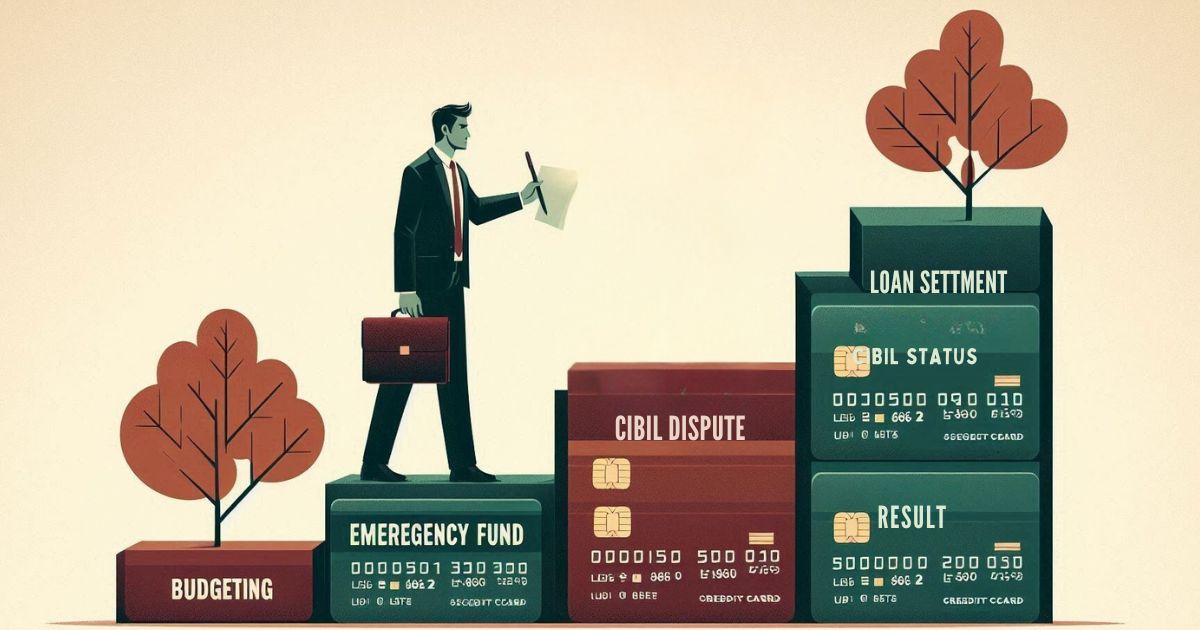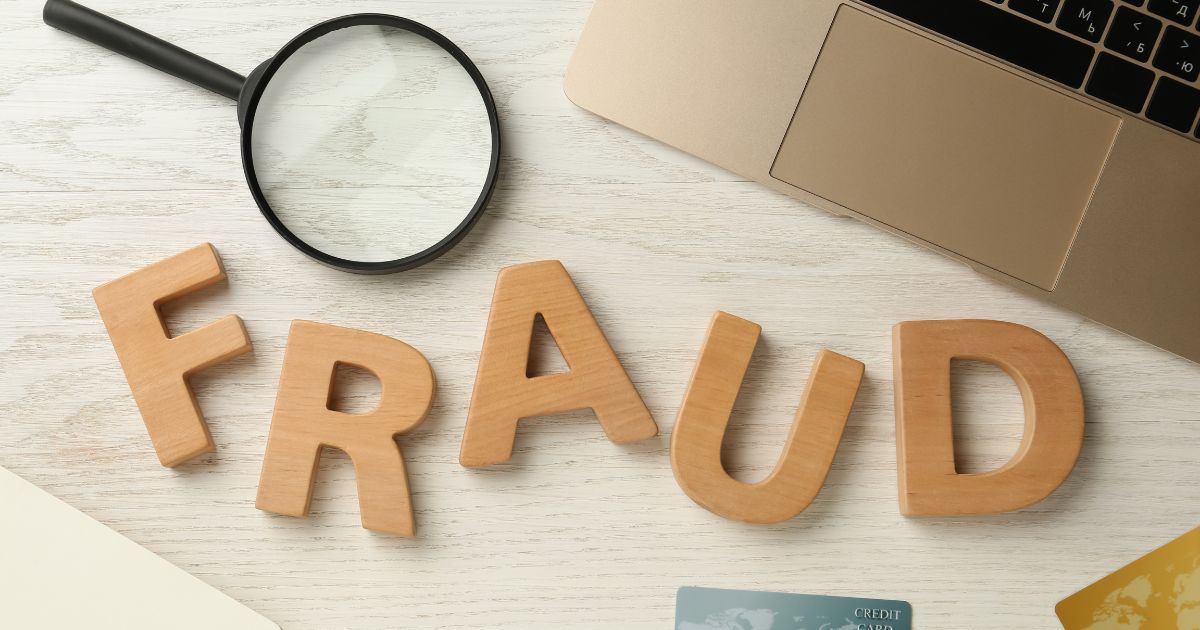· Debt Recovery · 5 min read
How to Rebuild Your Life and Credit Score After Settling a Loan
Settled a loan, but still worried about your credit score? Here’s a step-by-step guide to rebuild your life, money habits, and financial reputation.

Paying off a loan is an exhilarating and a crushing experience. On the one hand, you have finished a rough chapter of your life. On the other hand, you are lying, wondering — Now what? Am I then free?
How about slowing it down, in simple terms — the kind of thing you would explain to a friend while sipping a coffee.
1. Settlement, does it Mean Total Freedom?
Not exactly. When you pay off a loan, the bank will take this lower amount and mark the account as settled instead of closed. That is different from paying it in full.
To the credit bureaus like CIBIL, it will indicate that you failed to pay the original amount. Yes, you don’t have the hassle of the collector’s calls anymore, but you also have something against your credit report that can prevent you from being able to borrow in the future.
It can be considered something like completing school and having the stamp of the shortage of attendance on your certificate.
2. What to do After the Loan is Closed
Firstly, don’t forget to preserve all the documents safely — letters of settlement, payment receipts, emails, etc. Don’t rely on entering it in your system. There is always a possibility that banks will fail to inform CIBIL at times, and you will be in jeopardy when you don’t have any documents that you can produce as evidence.
Then wait again for two more months and check your credit report. If the loan is once again with the wrong status or is still being reported as active, then you will need those documents in order to submit the correction request.
3. How to Fix CIBIL Report After Settlement
This settlement should have a reflection on your CIBIL report. Claiming one is false, otherwise file a dispute with CIBIL directly through their website. Post your evidence, tell your story and take the next step. It may be weeks or months to do, but it is worth it.
Neither should you expect the day of prayer and/or payment miraculously to become closed or paid in full. It will remain settled, but at least it will be accurate and not pending. This is aimed at accuracy.
4. Avoiding Future Debt through Financial Planning
This is when most people mess up. They are thrilled when they receive the settlement and then go borrow money again. Big mistake.
Now is the time when you ought to plug holes in your financial budget. Keep track of what you spend over some months — take an actual note of what you spend your rupee on.
You will notice trends: maybe relying too much on food delivery, shopping, or small impulse buys that add up.
Now that you see how the money is being used, get rid of the extras. Not forever, but at least until you’re stable.
5. Saving an Emergency Fund
Transactions tend to occur when something throws a curveball — job loss, sickness, bankruptcy. An emergency fund will be the most effective safeguard against the same occurrence.
Start small: an amount as low as 1000 or 2000 a month into a separate savings account. In the long run, have at minimum 3–6 months of your fundamental bills.
It may not make you rich, but it will not put you in another trap of debts the next time something gets messy in life.
6. Slowly Rebuilding Your Credit Health
Banks can fear lending after settlement. That’s okay. There is no need to go big. Have a secured credit card (supported by a fixed deposit). Use it on frequent purchases such as groceries and make a complete payment on the bill at the end of each month.
With time (one or two years), your credit score will begin to increase. No miracles in 3 months — it is a long upheaval, but upheaval notwithstanding.
7. Getting Professional Guidance in Case of Need
When all this is too much to handle, talk to a CIBIL dispute expert or a professional to help you manage your finances and do away with old debts.
A debt consultant or financial advisor can assist you when trying to untangle and creep through looting in case you have many loans.
A second pair of eyes can be useful occasionally to allow you to see what you cannot.
Must Read: https://expertt.org/blog/co-lending-model-banks-nbfcs-join-hands/
FAQs
1. I paid off my loan through settlement. Why is my CIBIL score still bad?
Because a “settled” status means you didn’t pay the full amount. It tells lenders you didn’t fulfil the original terms, so your score takes a hit.
2. How do I fix my CIBIL report if the bank didn’t update it?
Get your settlement letter and payment proof, go to CIBIL’s website, and file a dispute. Attach everything. If you don’t push, they won’t move.
3. Can I take another loan after settling one? Or is my name blacklisted forever?
You’re not blacklisted forever. But lenders will be cautious. Start with a secured credit card and build trust again. It takes time, but it’s doable.
4. Why do banks screw up updating CIBIL? Isn’t it their job?
Yes, but it happens a lot. Human error, lazy systems, or just slow response. That’s why you need to keep all paperwork and check your report yourself.
5. I’m tired. Do I really need to plan budgets and save again? Isn’t settlement enough?
Settlement ends the calls, not the problem. If you don’t change how you handle money, you’ll end up in the same mess again. Harsh truth.


.SR_ltcVY.jpg)
 Master Your Credit Card Debt Before It Masters You! (1).DFP32oYI.jpg)